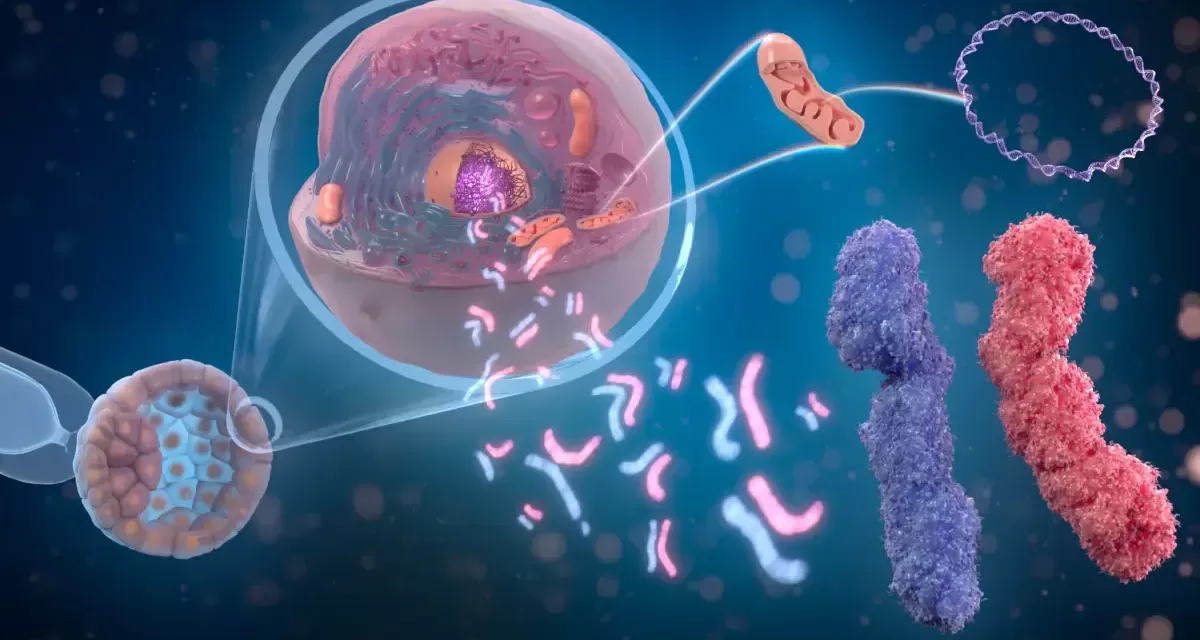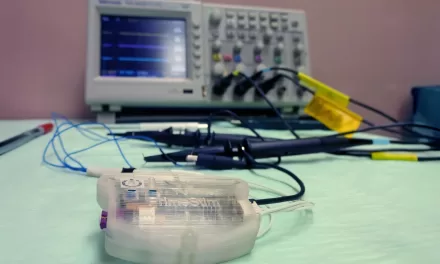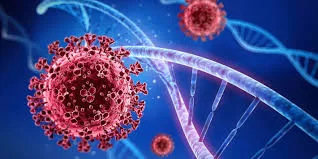February 21, 2025 – A recent survey has revealed that nearly 90% of respondents are open to undergoing genetic testing to personalize their medication use. The findings suggest a growing acceptance of pharmacogenomics, the field that studies how genes affect an individual’s response to drugs.
The survey, conducted among a diverse demographic, indicates that the majority of participants recognize the potential benefits of genetic testing in optimizing treatment efficacy and minimizing adverse drug reactions. With advancements in precision medicine, genetic testing could help healthcare professionals prescribe medications that are better suited to an individual’s genetic makeup, ultimately improving patient outcomes.
Experts believe that this shift in public opinion reflects increased awareness of genetic influences on health and a desire for more effective and safer treatments. “This overwhelming support for genetic testing highlights a transformative moment in healthcare,” said Dr. Emily Carter, a leading pharmacogenomics researcher. “Tailoring medication based on genetic profiles can significantly enhance treatment success rates while reducing the risk of adverse effects.”
Despite the promising findings, some concerns remain regarding data privacy and the cost of genetic testing. Critics argue that more regulations and safeguards are needed to ensure ethical use and prevent genetic discrimination. However, proponents believe that with proper policies in place, genetic testing could revolutionize modern medicine.
As interest in precision medicine grows, the healthcare industry may witness increased integration of genetic testing into routine clinical practice. Researchers suggest that further studies and public education campaigns are essential to address concerns and maximize the benefits of this technology.
Disclaimer: This article is based on survey findings and does not constitute medical advice. Individuals should consult with healthcare professionals before making decisions regarding genetic testing or medication use.












